A dietitian reveals her go-to bedtime drink and foods that help you sleep
Registered dietitian nutritionist Cara Marrs shares her recipe for Golden Milk, plus the best foods that help you sleep
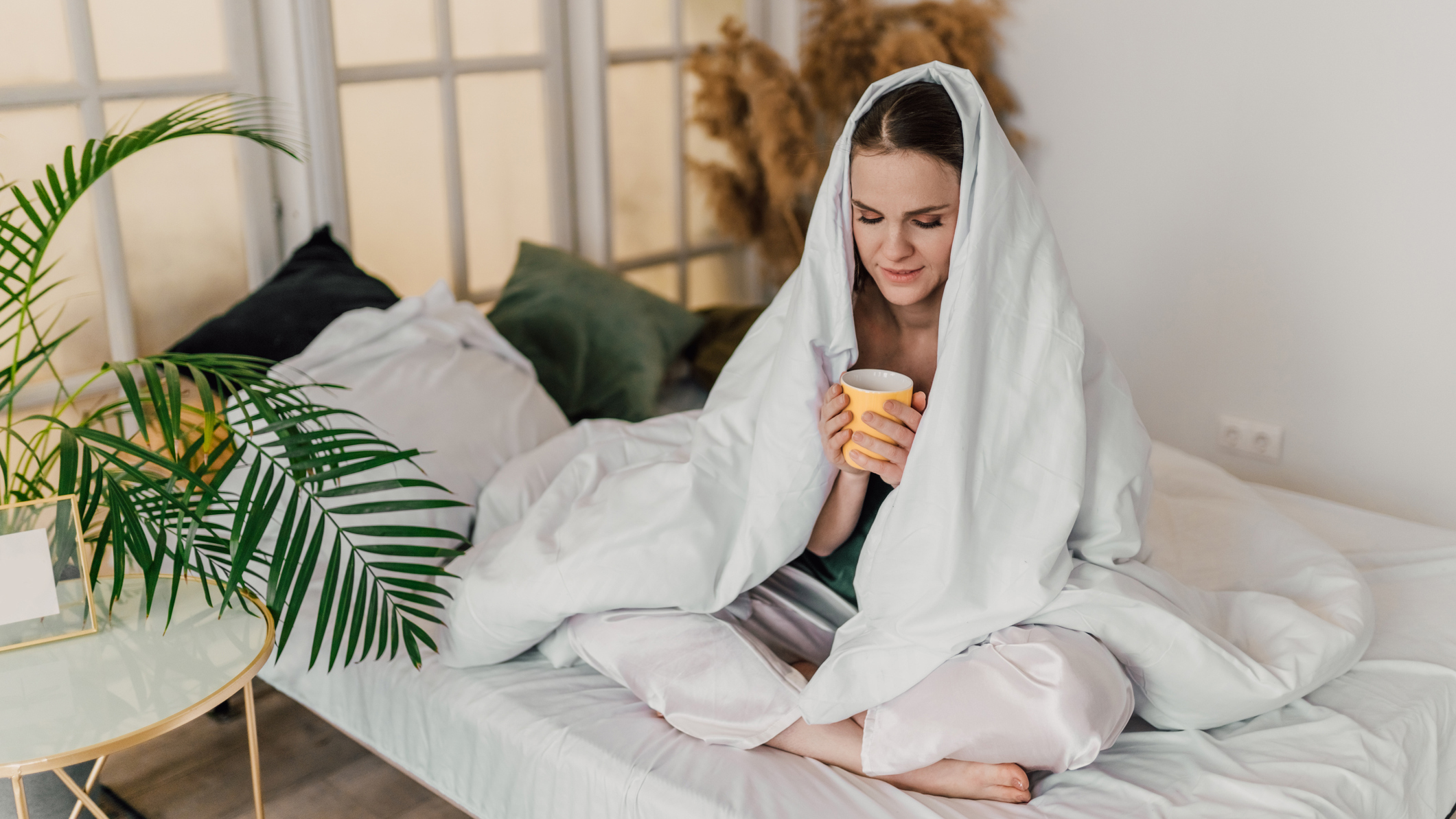
We all know that good quality sleep is important for our health, but there are times when falling (and staying) asleep is tricky. Many things have the potential to hinder shut-eye, but there are natural sleep aids and foods that help you sleep better.
To learn more about these, we spoke to Cara Marrs, a registered dietitian nutritionist at UCHealth Yampa Valley Medical Center. We’ve also looked at the latest research into the best foods that help you sleep, including fatty fish, tart cherries, almonds and turkey.
Let's get started with Marrs’ go-to sleepy drink for bedtime bliss, and to further supercharge your snooze, take a look at our guide to the best mattress for all sleep styles, plus the best pillows for every budget.
Foods that help you sleep: Golden Milk
“Golden Milk is a wonderful traditional aid for sleep that I often make myself,” begins Cara Marrs, who has been working as an RDN since 2008. “Golden milk is typically made with turmeric, ginger, black peppercorns, cardamom and cinnamon sticks, and your choice of warm milk, whether that be dairy milk or non-dairy.
“You can make Golden Milk from scratch or buy a prepared version, but I find that the ritual of making it is wonderful," says Marrs.
“To make Golden Milk, heat your milk over a medium heat. Add turmeric, cardamom, ginger, peppercorns and cinnamon sticks and simmer for five minutes. Strain into a mug and add honey if desired.”
A warm (non-caffienated) drink can work well as part of a wind-down routine, but avoid too many fluids late in the evening if you're finding your sleep regularly disrupted by bathroom breaks – our article on when to stop drinking before bed digs into it in more detail.
Get instant access to breaking news, the hottest reviews, great deals and helpful tips.
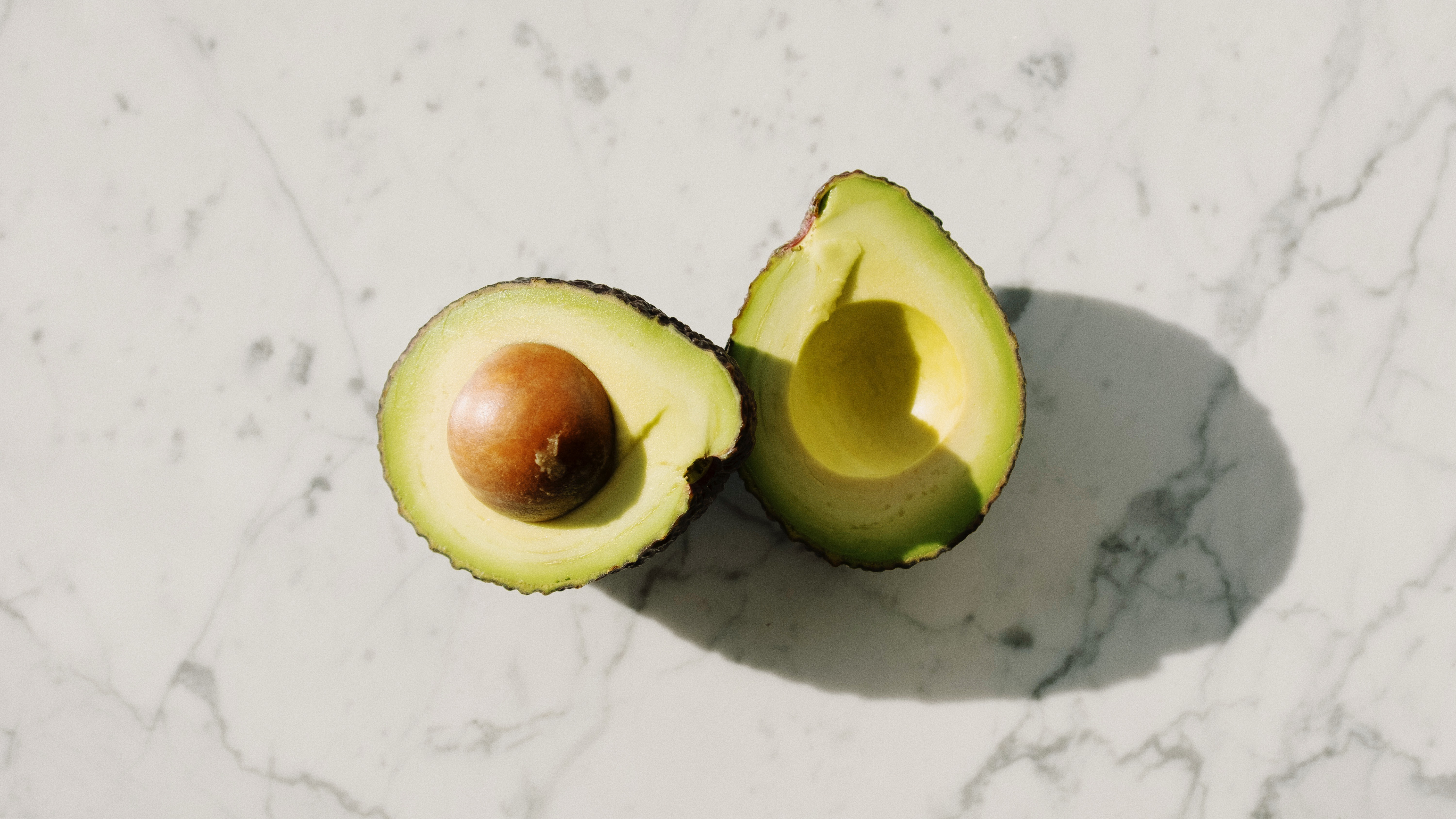
Foods high in tryptophan can help you sleep
“Tryptophan is an amino acid involved with protein synthesis as well as a precursor to serotonin and melatonin which have been known to regulate mood and sleep,” explains Marrs.
“It is not recommended to take L-tryptophan as a supplement, but some of the foods high in tryptophan are:
- Turkey
- Milk
- Peanuts
- Cottage cheese
- Avocados
- Almonds
- Beef
- Eggs
Foods rich in magnesium also help with sleep
Magnesium has become a popular sleep aid, but many people are confused about which type of magnesium to take, how much and when. Here’s Marrs' take: “Magnesium glycinate is often the best magnesium supplement for people suffering from insomnia and anxiety.
“Magnesium can be used for many different reasons and is very important for many functions in the body. It plays a role in heart health, bone density and sleep quality, and can help with muscle cramping and constipation.”
As for which foods are rich in magnesium, Carr says: “Seeds such as pumpkin seeds, avocados, dark chocolate, potatoes with the skin, edamame and tofu, almonds, cashews, peanuts and black beans – there are many others, too.”
Valerian root and natural sleep aids
Natural sleep aids such as valerian root are growing more popular. But what is it, how do you use it, and is it safe for most people?
“Valerian root can be used as an effective sleep aid and is generally recommended as safe, but it is cautioned in pregnancy and in young children due to lack of studies,” Marrs explains.
“Valerian root is often recommended in doses of 300-600 mg taken 30 minutes before bed, and many people report that it works well for sleep and insomnia. Some report drowsiness the next day though, so understand you may react differently than someone else.
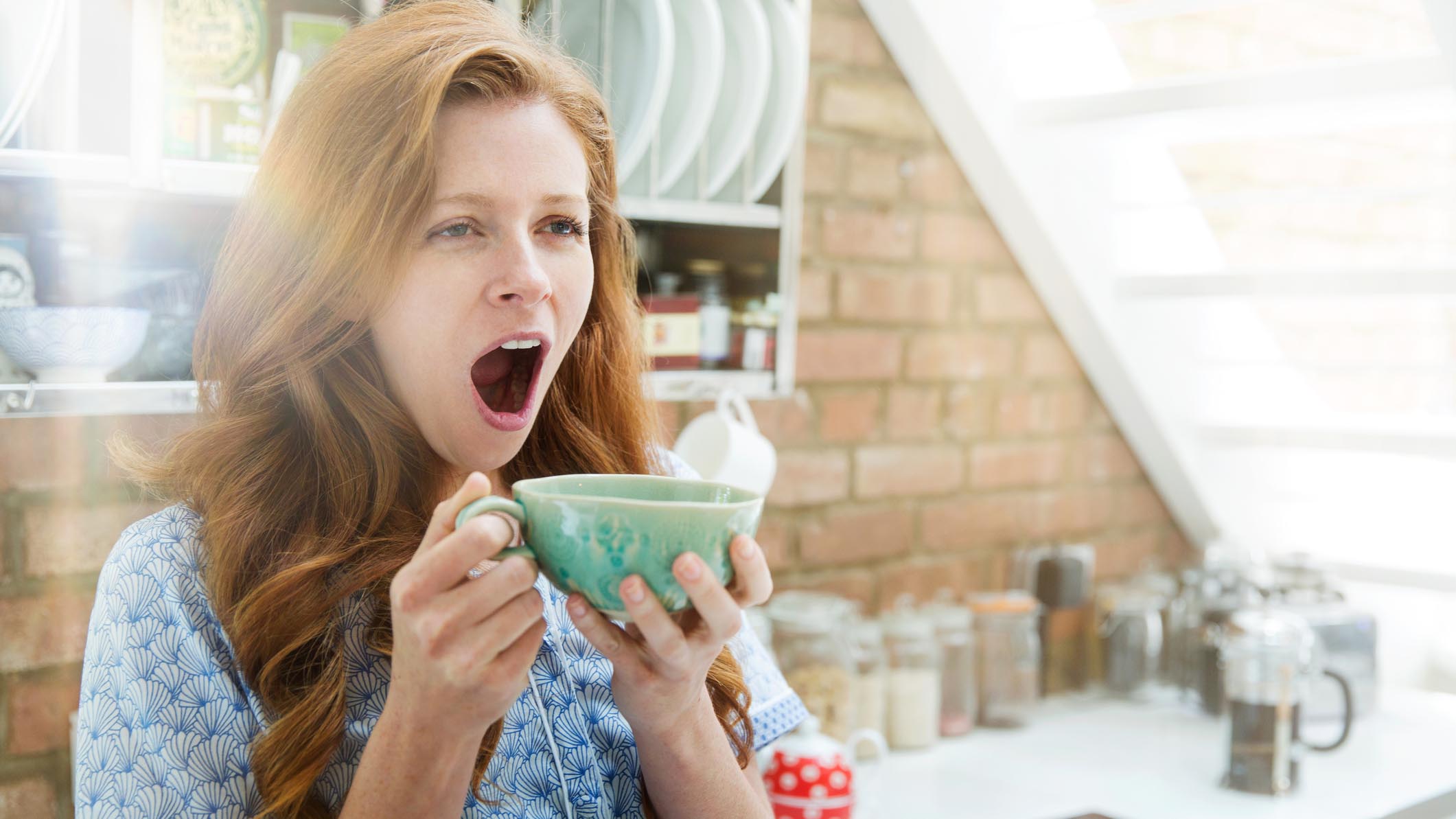
“As with any herbal sleep aids, some may interact with or increase the effects felt by your prescription anti-depressants so always talk to your doctor before taking if you use prescription sleep or anti-depressants. You should also avoid alcohol when taking herbal sleep aids.”
5 everyday foods that help you sleep better
Tart cherries - According to a 2014 study, ‘The consumption of a tart cherry juice concentrate provides an increase in melatonin that is beneficial in managing disturbed sleep.’
In a pilot study looking at the effectiveness of tart cherry juice for sleep, the researchers concluded that ‘tart cherry juice is an effective treatment for insomnia.’ Participants drank 240ml twice a day for two weeks.
Almonds - A natural source of melatonin (a hormone that regulates your circadian rhythm and cues your body for sleep). One ounce of almonds also provides 19% of your daily magnesium needs; magnesium is important for many bodily functions including sleep.
Turkey - Contains the amino acid tryptophan, which boosts production of melatonin. Turkey is a source of protein and there is evidence that eating a moderate amount of protein before bed can help you sleep better (and sleep through better).
Fatty fish - Mackerel, trout, salmon and tuna are rich in vitamin D and omega-3 fatty acids, including EPA and DHA. This magical combo has been shown to boost the production of serotonin and boost sleep quality.
According to an article by sleep doctor Dr Michael Breus, ‘Research suggests omega 3 fatty acids from regularly consuming fish may boost your sleep quality, help you fall asleep more quickly and improve your daytime performance.’
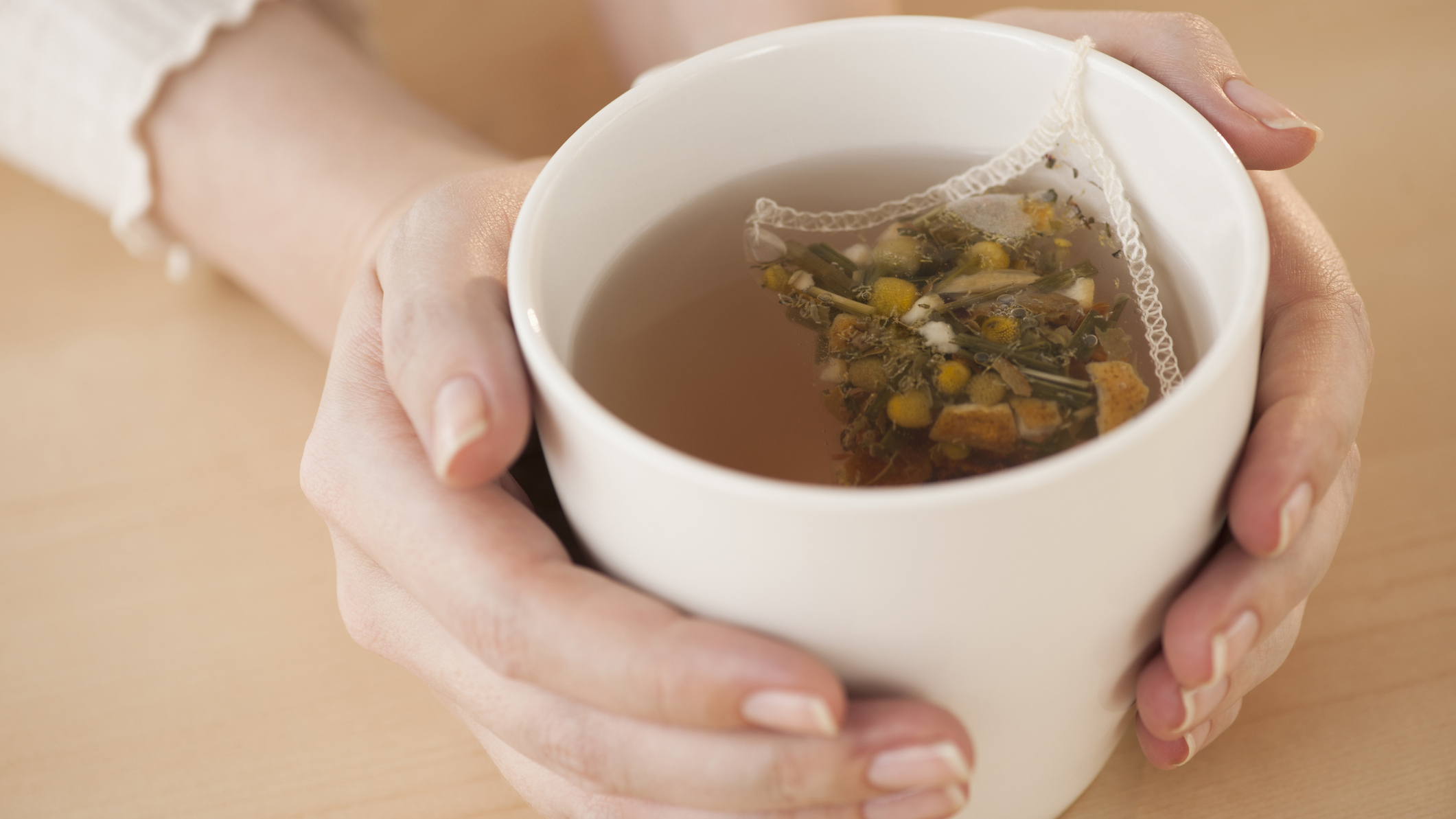
Chamomile tea - Chamomile contains an antioxidant called apigenin, which helps promote sleepiness. A 2011 study looking at the effectiveness of chamomile extract on insomnia found that participants who consumed 270mg of chamomile extract twice a day for 28 days fell asleep faster and woke up less during the night.
- Learn how to sleep with a cold - a sleep doctor advises
Why breakfast is an important meal for sleep
Eating breakfast soon after waking helps signal to the brain that it is morning (which in turn helps sync your body clock so that you have an easier time sleeping at night). But what if you can’t stomach breakfast first thing?
“First, I would ask what the person is eating for dinner and how late they are eating,” says Marrs. “A diet too high in sugar or too high or low in carbohydrates may lead to nausea in the morning due to hyper- or hypoglycemia.
“Also, if the person is eating extremely late or even in the middle of the night, then they may not have digested their food properly by breakfast.
“If that still does not help, I would suggest eating something soon after waking, even if it is simply a half piece of toast or half of a banana, and then focus on breakfast one to two hours later. Often nausea can be from dehydration as well, so I would suggest a smoothie. It may help if the breakfast is something drinkable.”
Food and sleep: a dietitian's do's and don'ts
Marrs has some final advice for those of you exploring the relationship between food and drink and sleep. Some of these you will have come across before, but they are definitely worth recapping on. Here's what Marrs recommends:
- Finish eating at least two hours before bedtime.
- If possible, no caffeine after noon, and certainly not around bedtime.
- Limit dark chocolate or other stimulants.
"Limit alcohol at least two hours before bed, and if you suffer from insomnia, I would limit overall. Alcohol may relax you before bed, but there is a mountain of research that the effects of alcohol interact with your ability to fall into deep REM sleep."
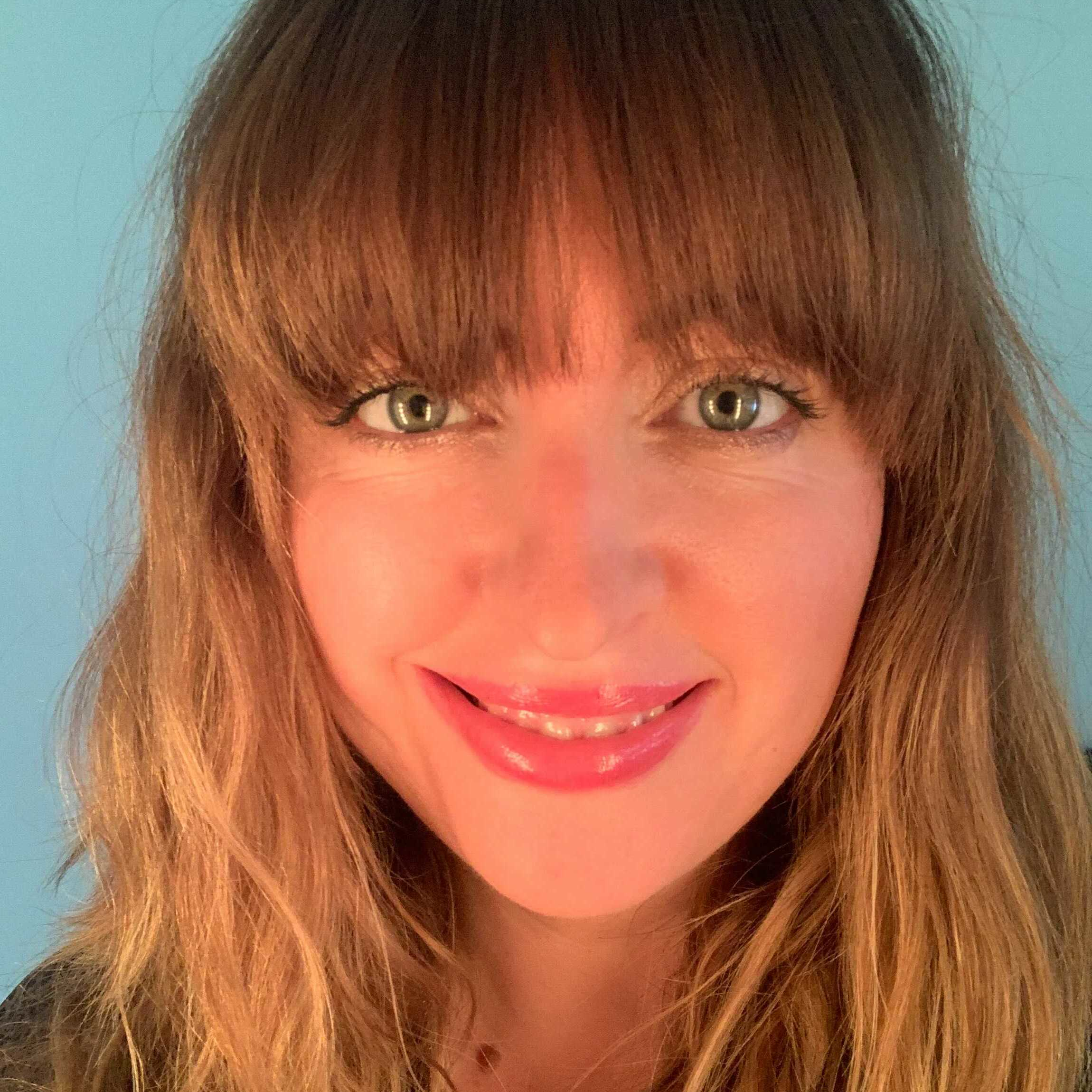
Claire is a Certified Sleep Science Coach and the Managing Editor of Sleep at Tom's Guide. She curates our mattress guides and oversees our rigorous mattress testing procedures. Claire has over 16 years' product review experience and is connected to a wealth of globally renowned sleep experts including mattress designers and buyers, neuroscientists, and doctors of sleep medicine. As the Managing Editor of our Sleep and Mattress Team, Claire is responsible for all mattress and sleep content published on Tom’s Guide and is our expert on Saatva, DreamCloud, and Nectar mattresses. Claire is also certified to advise people on how to choose a mattress that suits their needs and budget, as well as helping them to create a nighttime routine and bedroom environment that helps them sleep better.
 Club Benefits
Club Benefits





